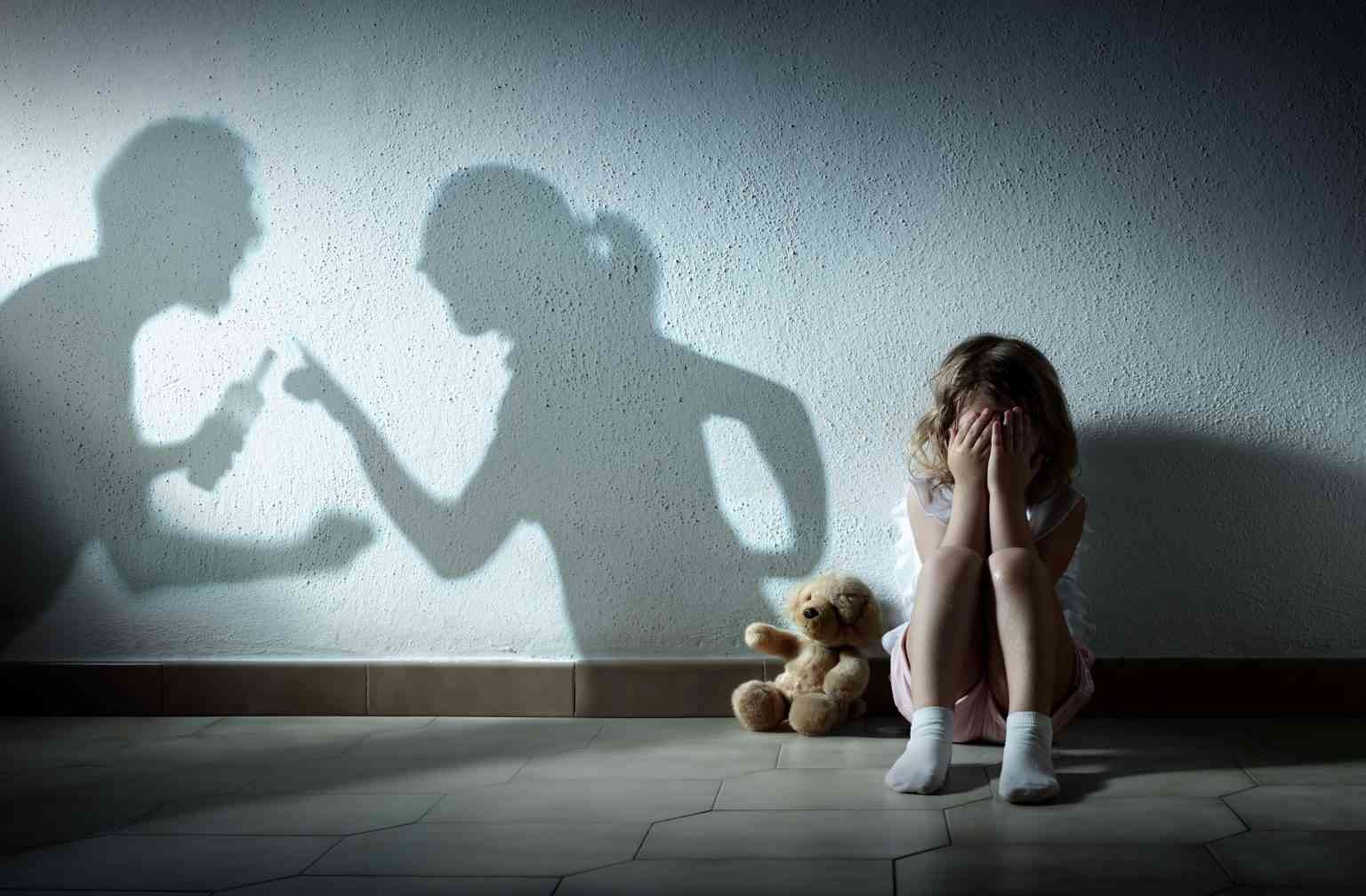When addiction enters a household, it rarely arrives alone. It seeps into conversations, routines, relationships, and emotions — reshaping the entire dynamic of a family. That’s why many addiction specialists refer to substance use disorder as a “family disease.” While the person using drugs or alcohol often carries the visible weight of the addiction, the emotional and psychological burden silently impacts parents, partners, siblings, and children.
Understanding this broader view of addiction isn’t about shifting blame — it’s about recognizing that recovery isn’t an individual journey. It’s a collective healing process. Let’s unpack how addiction affects loved ones and why family involvement is essential to recovery.
Addiction as a Family Disease: What Does It Mean?
When one member of a family develops an addiction, the entire household often experiences a ripple effect. Addiction alters behaviors, communication patterns, emotional availability, trust, and financial stability. Families can shift into survival mode, constantly adapting to crises, denial, or chaos.
Over time, roles subtly emerge that allow the family to “function” despite the problem. These roles may include:
- The Enabler: Protects the addicted person from consequences, usually out of love or fear.
- The Hero: Overcompensates to mask the family’s dysfunction by excelling outwardly.
- The Scapegoat: Acts out to divert attention away from the addiction.
- The Lost Child: Withdraws emotionally to avoid conflict.
- The Mascot: Uses humor or charm to ease tension.
These roles may help short-term, but in the long run, they prevent honest conversations and healing.
Emotional Toll on Loved Ones
Families affected by addiction often experience a whirlwind of emotions, including:
- Guilt: Wondering if they contributed to the addiction.
- Shame: Feeling isolated and judged by others.
- Anger and Resentment: Frustration toward the addicted loved one or even themselves.
- Fear and Anxiety: Living on edge, waiting for the next crisis.
- Hopelessness: Feeling powerless to change the situation.
This emotional load can lead to mental health issues such as depression, anxiety, or even post-traumatic stress — particularly for children and partners who endure ongoing instability.
How Addiction Disrupts Family Dynamics
- Communication Breakdown:
Addiction often thrives on secrecy and denial. Honest conversations get replaced with arguments, silence, or avoidance, leaving emotional wounds on both sides. - Loss of Trust:
Substance misuse can lead to broken promises, financial instability, and dishonesty. Rebuilding trust becomes one of the longest and most challenging parts of recovery. - Shifted Responsibilities:
Children might step into adult roles. Spouses may become caretakers instead of partners. These shifts create long-term emotional strain and resentment. - Emotional Detachment:
Family members may numb their own feelings as a way to survive, leading to emotional disconnection and difficulties in forming healthy relationships later on.
The Path to Family Healing
Recovery isn’t just for the person battling addiction — it’s for the entire family. Healing as a unit involves:
1. Education
Understanding addiction as a chronic disease, not a moral failing, is the first step. When family members learn about the biological and psychological roots of addiction, it often replaces judgment with compassion.
2. Family Therapy
Therapy provides a neutral space to address deep wounds, re-establish healthy communication, and redefine family roles. It also offers tools to handle future challenges without enabling destructive behavior.
3. Setting Boundaries
Boundaries are not punishments. They’re acts of self-respect and protection for everyone involved. Clear boundaries empower family members to support recovery while safeguarding their own mental health.
4. Self-Care for Loved Ones
You can’t pour from an empty cup. Support groups like Al-Anon, therapy, mindfulness, and physical self-care help family members replenish emotionally so they can offer genuine support.
Recovery Is a Family Affair
Addiction may begin as a personal struggle, but recovery is a collective process. When families address their own pain, shift their behaviors, and commit to healing — they not only support their loved one’s sobriety but also restore emotional balance for themselves.
The journey isn’t about returning to “normal” but about building a new foundation — one based on understanding, resilience, and healthy relationships.
Final Thought:
When families stop walking on eggshells, start communicating honestly, and work through shared trauma together, recovery becomes more than just sobriety. It becomes a full-circle transformation for everyone involved.


Leave a Reply